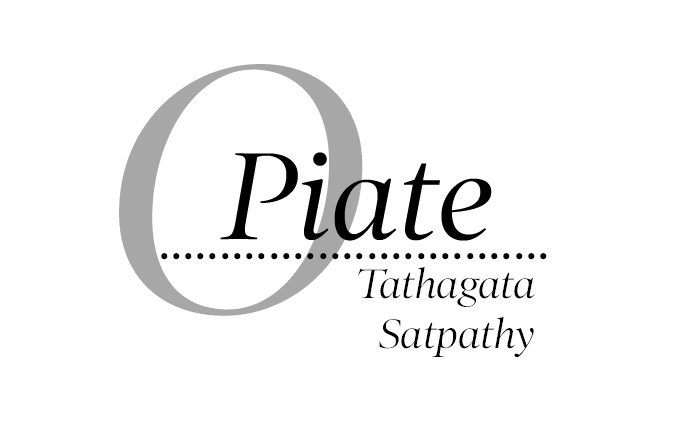The Supreme Court (SC) has shown it has muscle too. The timing of this demonstration of brute power of the Apex Court could not have been better, although it may not have come as an utter surprise to those in power. SC’s order to the State Bank of India (SBI) to deliver details of the Electoral Bonds (EB) to the Election Commission of India ‘tomorrow’, Tuesday 12 March positively is an insistence that is rarely seen in India. The SC had originally asked SBI to give details of the Bonds by 6 March. SBI then moved an application claiming it required time to collect and collate the data so it applied for extension of time till June 2024.
The Electoral Bond Scheme was initially and supposedly implemented to permit the common citizen to fund a political party of choice and maintain transparency through the banking system. The EBs are available to be bought in multiples of Rs 1,000, 10,000, 1 Lac, 10 Lac and 1 Crore only.
Critics argue that EBs inhibit transparency because the donors identity is not disclosed to the public or the Election Commission (EC). On the other hand, current rules make it a mandatory regulation that stipulates that any political contribution above Rs 20,000 requires the beneficiary political party to declare the identity of the contributor. Electoral bonds have no such clause.
Coming back to timing of events. Demonetisation was announced in November 2016. The Electoral Bond Scheme was implemented by the BJP government in 2018. Due to this, allegations have been made that EBs were made available as a way to launder illegal money into the political system. Interestingly, the fact that more than 90 per cent of EBs purchased have been of the permissible highest denomination of Rs 1 Crore proves that no common citizen has bought these high value EBs. This is proof that this instrument has been brazenly utilised to channel money to political parties. Reports say more than 50 per cent of Electoral Bonds have gone to the ruling BJP. In the financial year 2022-23, the BJP alone received nearly 13 billion rupees in funding through EBs. In this context, the Supreme Court has categorically stated that voters have the right to know the identity of the donors making large contributions to political parties since this level of funding can impact government policy formulations.
A party that came to power shouting hoarse about corruption of the previous governments, the BJP in its 2014 election campaign had claimed it would expose all those who had stashed the country’s wealth abroad. It had also assured citizens it would take steps to bring back all that money and dole it out to every individual of this country. A decade has passed since then and the government has failed to take steps to either make the names public or bring back any amount of money to the country. This can have two implications only. First, the whole campaign of the BJP in 2014 about unaccounted money being stashed abroad was a totally baseless story created for political gains and so no results have been shown in 10 long years. If not, the second assumption could be that this government struck a deal with the same crooks and has protected them and their loot kept in foreign banks.
These events and sequences seem convincing enough even for sceptics. Also, the claim could be true that the Electoral Bond Scheme had been cooked up exclusively to garner huge funds for the ruling BJP which, in turn, as quid pro quo, tailor-made government policies for the convenience of those who made these massive donations.
